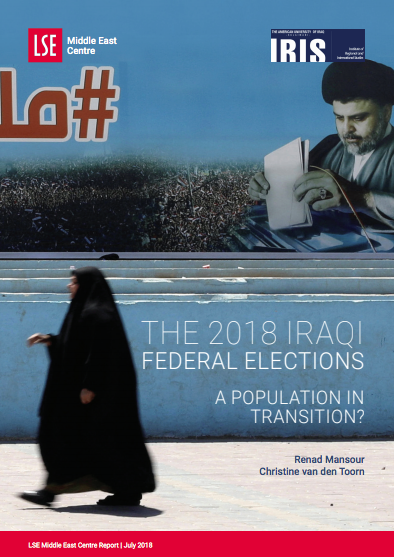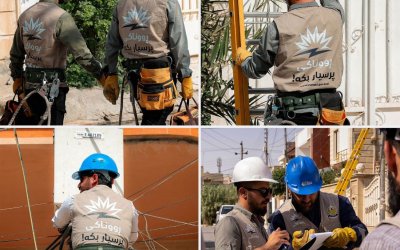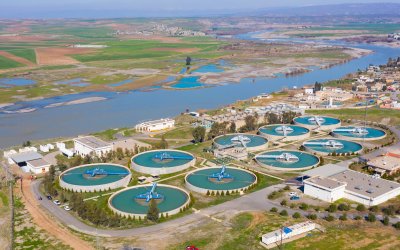The Institute for Regional and International Studies (IRIS), second report in the three-part election series, "The 2018 Iraqi Federal Elections: A Population in Transition?" evaluates the low turnout, unexpected wins and losses of competing coalitions, allegations of fraud, and implications for government formation. This report reinforces many of the predications of the first report, "Iraq Votes 2018: Election Mobilization Strategies," and concludes that the lack of trust in Iraqi political parties not only contributed to low voter turnout, but also the ability of well-established parties, particularly in the Kurdistan Region, to retain votes due to loyal bases. Relying on interview data, comparative analysis between elections and across different regions, and anecdotal evidence of fraud, the report determines that while voter turnout was low across the country, allegations of corruption and fraud were particularly egregious in the Kurdistan Region, where widespread calls for vote recounts, particularly in the disputed province of Kirkuk, immediately followed the announcement of results. While opposition parties did not fair well in the Kurdistan Region due to a lack of established bases, the election led to surprise wins for Muqtada al-Sadr's Sairoon Coalition, whose party had somewhat successfully campaigned on the basis of reform. However, the inability of any party to retain a majority in the House of Representatives indicates overall disengagement from politics and future challenges for government formation and restoration of public trust.
Click here or the photo below for the full report.
#BBD0E0 »






